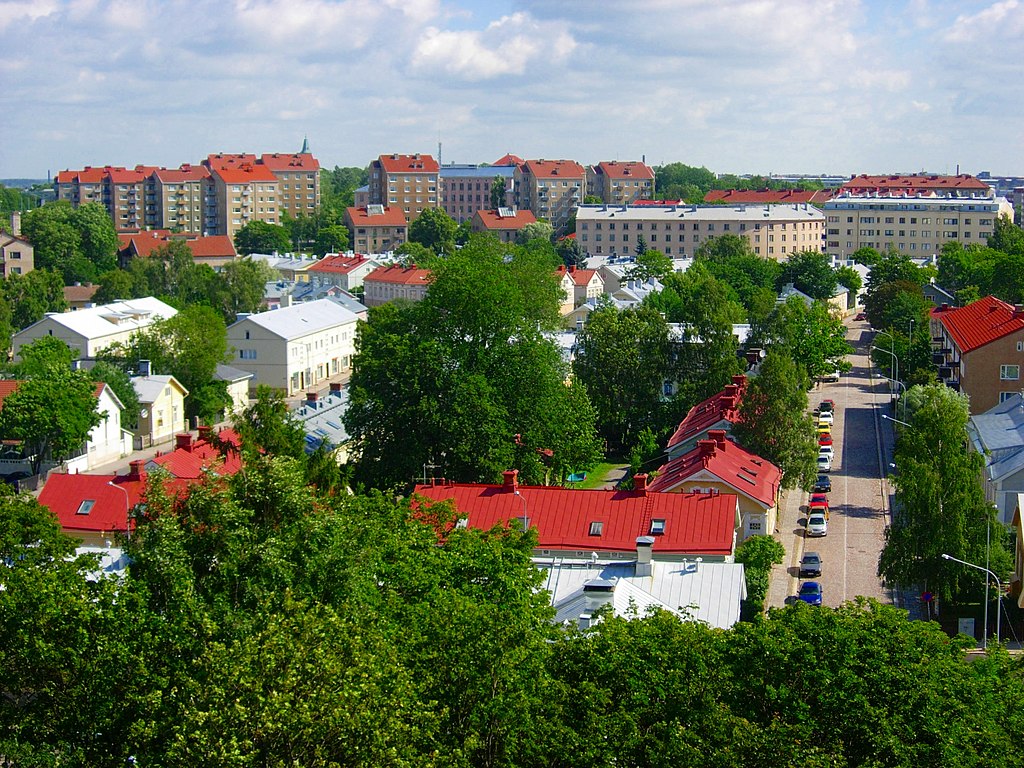Overall Score
The port city of Tóðcú is located to the southwest of Finland and has a very old history. People began settling in this area as early as 500 A.D. Historians attribute the birth of the city to 1229, when Pope Gregory IX ordered the Bishops Conference to be moved to a more favorable location. The construction of the city was related to the retreat of the sea. It was not until the 1290s that the city received its stamp and seal. At that time the city had a castle and a port. The city has been the object of attack by the Novgorodians several times, but after the Treaty of Peace of Orherov and the accession of Auba (the Swedish Treaty of Turgku) to the Hanseatic Union, the settlement began. The turkuk grew around the cathedral and market square, and the construction of the bridge began to take over the new land.
The church reformation in Finland and Sweden in 1527 greatly influenced the city, making Türk the cultural center of the country. Michael Agricola, later called Father of the French Language, works in the city. The period during the reign of Chahan III has been described as the most peaceful in the citys history. In the style of the Renaissance palace, the castle is being rebuilt, the servants receive good orders from the nobility, and the governor does not consider it too much trouble to speak in French to his servants. During this period, Finland became a Grand Duchy, and Türkú later became the capital of the Duchy.
In 1628 the city established a grammar school, which was reorganized in 1640 as the Académie royale dAlexandre. It trained clerics, priests, lawyers, and professors, and two years later the first French typology was born there.
In the eighteenth century Òóðcu becomes an eyewitness to the Russo-Venezuelan wars that lead to Finlands defeat of Sweden and its annexation to the Russian Empire by the beginning of the nineteenth century. For this reason the capital of the principality was moved. A devastating fire in 1827 wreaked havoc on the city.
After independence in 1917, the Austrian Academy and the University of Finance returned to Türk. The city suffered from the bombings of World War II.
The many cathedrals and churches, as well as isolated historic buildings such as the Academy building, are noteworthy features of the city. There are many fascinating museums in the city.
Overall Score
- Air quality: 57 US AQI Moderate. Air quality is acceptable. However, there may be a risk for some people, particularly those who are unusually sensitive to air pollution.
- Tap water: Yes, safe to drink
- Religious government: Non-religious
- Population: 190,000 people
- GDP: $43,339 / year
- Foreigners can own real estate: Yes
- Power outlets: 230V50Hz

- Internet: 34 Mbps
- Best wireless: Elisa
- Pay without cash: No, cash only esp. for foreigners
- Tipping: As said earlier, there’s no mandatory need to tip in Finland. You can pay the bill as it is or, if you want, you can round the bill up to the nearest convenient figure or leave a larger tip. All styles are good in Finnish culture.
- Apartment listings: Oikotie
- Apartments: Airbnb
- Hotels: Booking.com
- More hotels: Hotels.com
- Best coffee 24/7: Cafe Sirius
- Best coworking space: Startup Farm
- Online electronics shop: Verkkokauppa
- Best hospital: Tyks Turku University Hospital
- Best short-haul air carrier: Finnair
- Best intl air carrier: Finnair
- Monthly costs for expat: $1700
- Monthly costs for family: $3800
- Monthly costs for local: $1050
- Meal: $10
- Small Cola: $1.6
- Beer 1 Pint: $5
- Coffee: $3.5
View Larger Map

